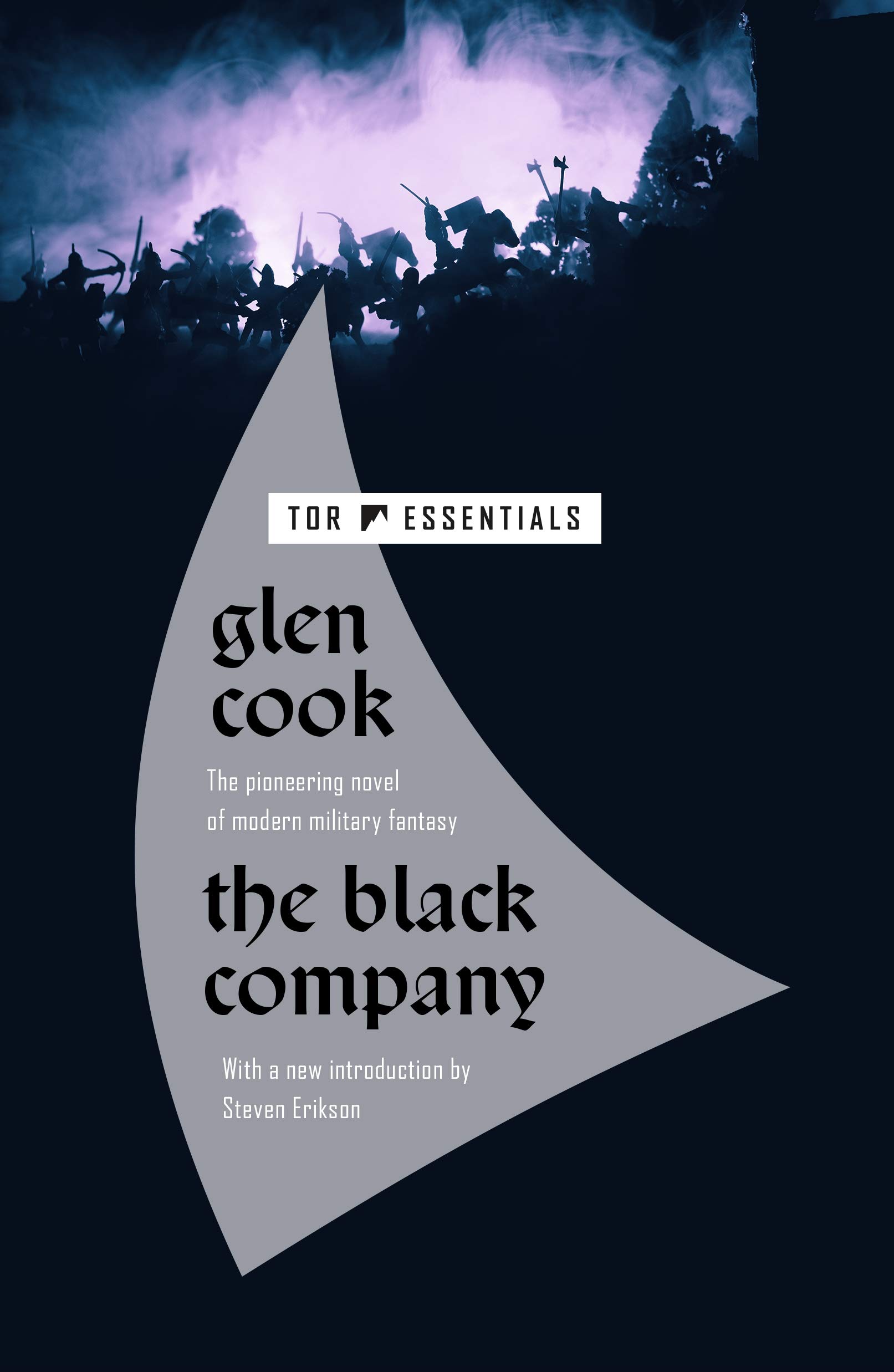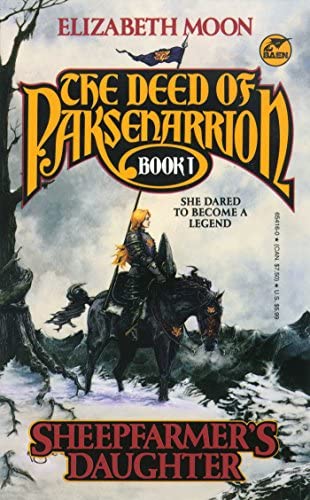views: 2154

The Black Company
Chronicles of The Black Compay #1
by Glen Cook
There is an inherent risk to reading the classics: they might let you down. When a book has been built up to impossible heights – sometimes over years, as the recommendations pour in – you pluck it from the pedestal on which it sits and weigh it in your hands. Does it seem heavier than the last one you read, burdened with decades of expectation? Will it live up to the hype?
For some readers, yes. The “classics” are given that moniker for a reason, after all. But no matter how many “Best of” lists it graces or how many awards it has received, no book can please everyone.
Unfortunately, my experience with The Black Company left me feeling a little sour.
It was an unequivocally good book. I’ll get that out of the way right now. The characters were vivid, the setting deadly, and the stakes high enough to matter. Glen Cook’s writing was both understated and solid (I did notice that he likes to leave off dialogue tags – a “rule” that so many authors are afraid of breaking today). The magic was wild and unique. But something was… missing.
The Plot (mild spoilers)
Croaker is a medic/historian in a merry band of mercenaries known throughout history as The Black Company. This is a storied band of misfits! They stand uncontested as the best mercenary outfit in the world, and have for centuries. When you need to make absolutely sure a thing is done right, you hire them. They cost, but they never go back on a contract.
That is, until they are hired by a useless politician in the city of Beryl. The book opens with an impossible situation – the Company were hired to be bodyguards to the Syndicate, not a police force for a city on the edge of revolt. When a supernatural predator pushes the city over the edge, the Syndicate expects Croaker’s brothers to lay down their lives in service to a hopeless (and stupid) cause. So they cut a deal with a wizard.
This is the root of all of their subsequent woes.
See, the wizard is one of the Taken, ten of the most evil (and deadly) magic users in the world. In the end, the Syndicate is dead and The Black Company finds that they have been maneuvered neatly into the service of Soulcatcher. For this first novel at least, The Black Company are actually fighting on the side of the bad guys. It’s like reading a story from the perspective of one of Sauron’s Easterlings.
The book has no prologue. No hand-holding. The characters know things about the world that you don’t, and none of the proper nouns are explained right away. I found this refreshing. There are hijinks and plotting, peril and war. The main character is sympathetic but hardened by his life; it takes time for the reader to get to know him. Croaker makes hard choices about life and death, good and evil, and in the end we are left wondering whether he could have done better.
But such is war.
The Takeaway
So why exactly did I come away from this book feeling disappointed? Probably for the same reason I stopped reading the Garrett, P.I. series. Both are by Glen Cook. Both are perfectly serviceable entries in their sub-genres. But by the time I got around to actually giving either a go… I’d already read better.
The Black Company is gritty, military fantasy. A story that puts the grunts and soldiers at the forefront of the action. It’s not a tale about heroes or the high and mighty (though there are plenty of those slugging it out in the background).
It’s good. But for MY recommendation in the same genre, I’d choose The Deed of Paksennarion.

Published in 1988 (four years after The Black Company) Sheepfarmer’s Daughter (book 1) does everything The Black Company does, but better – the soldiers are more relatable, the deaths more impactful, and the evil more personal. In Elizabeth Moon's epic trilogy, Paksennarion (Paks) runs away to join a mercenary company, knowing only that the prospect of war is preferable to marrying the pig farmer next door. We watch as her cohort of raw recruits, barely competent to find the right end of a sword, slowly shape into real soldiers. Over the course of three years, Paks' group mature into seasoned veterans, though many are lost along the way. All of this is set against the background of the rise and (moral) downfall of the Duke’s Mercenary company -- with plenty of plots and assassination attempts thrown in for variety. The story sucked me in and made me care about the world in a way that The Black Company couldn't manage.
(As for the Garrett, P.I. series, I apologize to the fans but The Dresden Files is a tough act to follow :P)
Is this one worth a read? Absolutely. Gritty military fantasy is a fun genre to dive into. Just… maybe leave the expectations at the door and enjoy The Black Company for what it is.
A classic.
A foundational piece of fantasy literature.
And… just another good book, really.
Comments